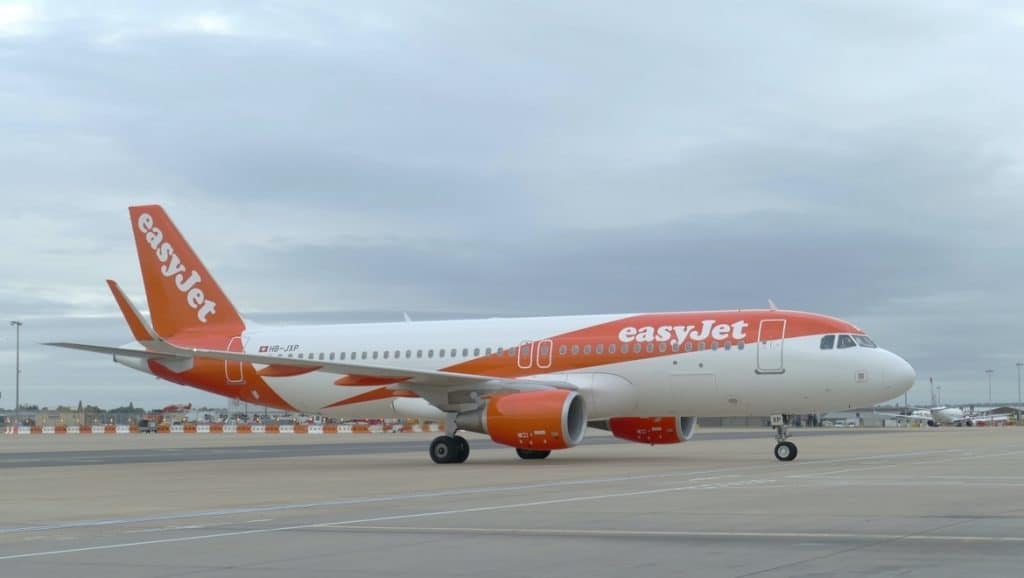
EasyJet has secured a £600 million loan as part of the British Treasury and Bank of England’s emergency coronavirus fund.
The EU’s fifth-biggest airline grounded all of its planes last week as demand for flights collapsed due to COVID-19, of which there have been more than 51,000 confirmed cases in the UK, while 5,373 people are known to have died.
The announcement comes after EasyJet founder Sir Stelios Haji-Ioannou warned the business could run out of money by August, and urged directors to scrap a multibillion-pound deal with Airbus to avoid taking taxpayer funded loans.
“If this £4.5 billion liability to Airbus is preserved – and not cancelled – by the EasyJet board then, I regret to report, EasyJet will run out of money around August 2020, perhaps even earlier,” said Sir Stelios.
“I will certainly not be throwing good money after bad. For the avoidance of doubt, I will not inject any fresh equity in EasyJet whilst the Airbus liability is in place.”
Sir Stelios has renewed calls for the airline to cancel the £4.5 billion order for 107 planes, which would remain grounded while the coronavirus crisis continues with no end in sight.
The airline also said it would be borrowing £407 million from creditors that would ensure its liquidity throughout these uncertain times.
In bad signs for the wellness of the company’s leadership, Sir Stelios also called on the business to remove chief finance officer Andrew Findlay just days after he requisitioned a shareholder meeting to decide whether to remove another director, Andreas Bierwirth, from the board.
“Terminating the Airbus contract is the only chance current shareholders have to maintain any value in their shares,” said Sir Stelios.
“If EasyJet terminates the Airbus contract, then it does not need loans from the UK taxpayer and it has the best chance to survive and thrive in the future with some injection of additional equity provided for by the markets.
“But if EasyJet stumbles along whilst taking UK taxpayers’ money as loans only to pass it on to Airbus, it will have to raise fresh equity anyway in the next three to six months – reducing the value of our current shareholdings to close to zero.”




